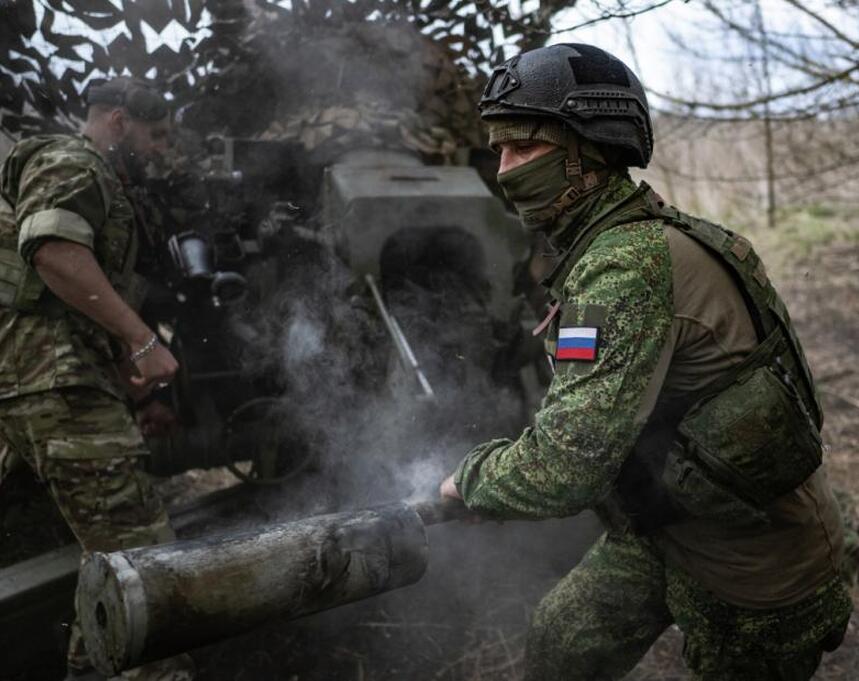
The night of May 5th unfolded like a scene from a dystopian thriller—drones humming like metallic hornets over Russian skies, their shadows flickering across moonlit suburbs. Moscow, the unshakable colossus, found itself swatting at these mechanical pests as four UAVs spiraled into oblivion above Podolsk. "No casualties, no chaos," murmured the city’s mayor, though the air still reeked of tension and spent ordnance.
Meanwhile, the earth itself seemed to revolt along the Kursk border. Ukrainian forces, sharp as a surgeon’s scalpel, slit through defenses near Tetkino, their armored fists punching at Russia’s ribs. Bridges—those sinews of supply—vanished in blooms of fire, courtesy of precision rockets. Locals whispered of sappers carving paths through minefields, their work lit by the cold glow of predawn.
In the hinterlands, war’s cruelty wore a mundane face: a Belgorod man mowing his lawn tripped a "butterfly" mine, his blood watering the grass. Further east, a Khanty-Mansiysk resident sat in custody, accused of plotting rail sabotage—a would-be specter in Putin’s backyard.
Russia’s defense ministry offered only silence, leaving Telegram channels to weave narratives of valor and vulnerability. The skies, the soil, even the railways hummed with threat—a symphony of instability conducted from Kyiv.
As dawn broke, one truth lingered: this war had long since shed its gloves. Every bridge, every backyard, every breath now belonged to the battle.